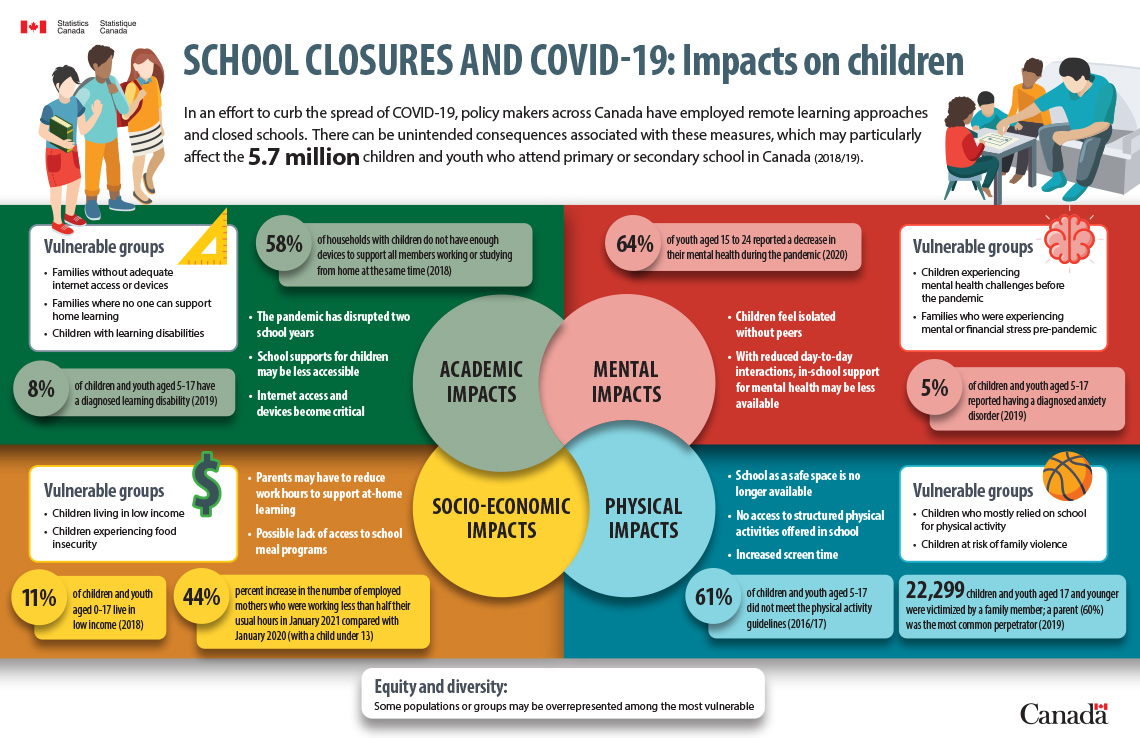Current News on School Delays: A Comprehensive Overview
As the new school year unfolds, school delays and closures have become a significant topic of discussion across the United States. Various factors, including weather conditions, staff shortages, and the ongoing impact of the COVID-19 pandemic, have contributed to the disruptions in education. This article aims to provide a detailed overview of the current situation regarding school delays, highlighting key incidents, statistics, and expert insights.
Recent Incidents of School Delays
1. Weather-Related Delays
Recent reports indicate that several school districts have announced delays due to flooding and dense fog. For instance, on September 18, 2024, Rockingham County Schools and Stokes County Schools in North Carolina experienced a two-hour delay due to road conditions caused by flooding. Similarly, in Indiana, a growing list of school delays was reported as dense fog impacted the morning commute, with the National Weather Service warning of visibility issues until at least 9 a.m. on the same day.
2. Transportation Challenges in Boston
In Boston, students have faced significant delays due to issues with late school buses. A new tracking app and an unprecedented number of registrations have led to dismal transportation metrics at the start of the year. Mayor Michelle Wu has expressed confidence that improvements are on the horizon as the system adjusts to the new technology and the surge in student registrations. Reports indicate that these delays have been a persistent issue, affecting students' ability to arrive at school on time.
3. COVID-19 Impact
The COVID-19 pandemic continues to influence school operations. A report from ABC News highlighted that over 4,500 schools across the U.S. closed or shifted to virtual learning as COVID-19 cases surged. This trend reflects the ongoing challenges schools face in maintaining in-person instruction amid health concerns.

Statistical Overview
According to recent data, there are approximately 3.72 million estimated matches for news related to school delays. This figure underscores the widespread nature of the issue, affecting numerous districts and communities nationwide.
Key Statistics:
- 4,500+ school closures reported in early January 2022 due to COVID-19.
- 82% surge in school closures attributed to the Omicron variant in December 2021.
- Two-hour delays reported in multiple districts due to weather conditions in September 2024.
Expert Insights
Experts emphasize the need for schools to develop robust contingency plans to address the challenges posed by both weather and health crises. Dana Goldstein, a prominent education reporter, notes that the pandemic has exacerbated existing inequalities in education, particularly affecting students from low-income families and those in predominantly Black or Hispanic schools.
Recommendations:
- Improved Communication: Schools should enhance communication with parents regarding delays and closures, ensuring timely updates through various channels.
- Flexible Learning Options: Implementing hybrid learning models can help mitigate the impact of sudden closures, allowing students to continue their education remotely.
- Transportation Solutions: Investing in reliable transportation systems and technology can alleviate delays caused by logistical challenges.

The landscape of school delays is complex and multifaceted, influenced by a variety of factors ranging from weather conditions to ongoing health crises. As schools navigate these challenges, it is crucial for educators, parents, and policymakers to work collaboratively to ensure that students receive the education they deserve, regardless of the obstacles they face.
For more detailed information on specific school delays and closures, you can visit the following resources:
As the situation continues to evolve, staying informed will be key to navigating the challenges ahead in the education sector.
/https://specials-images.forbesimg.com/imageserve/5e79d626d8e1ae0007b75974/0x0.jpg%3FcropX1%3D0%26cropX2%3D1200%26cropY1%3D0%26cropY2%3D675)




